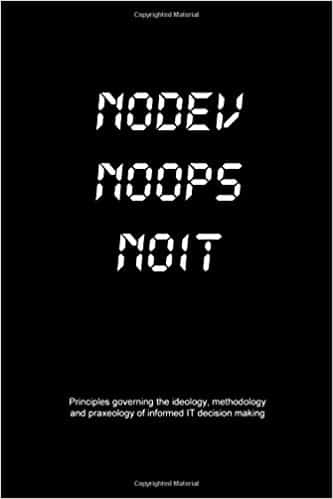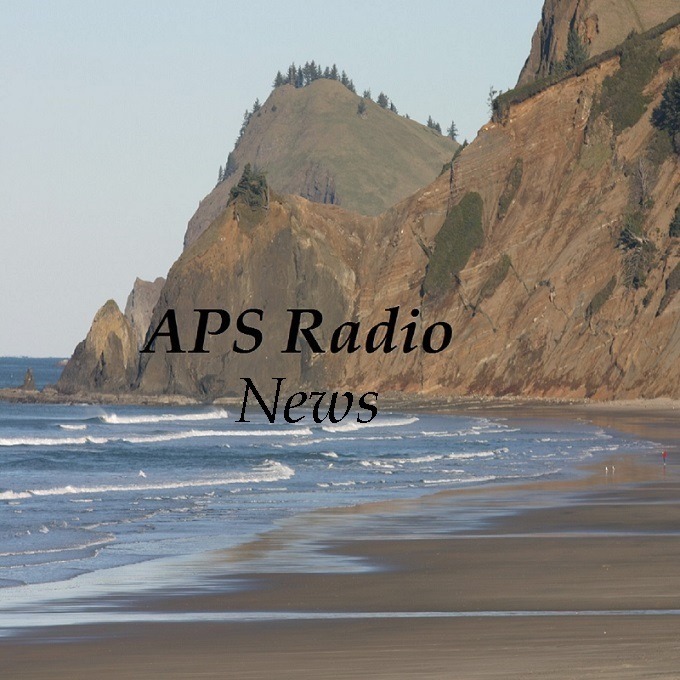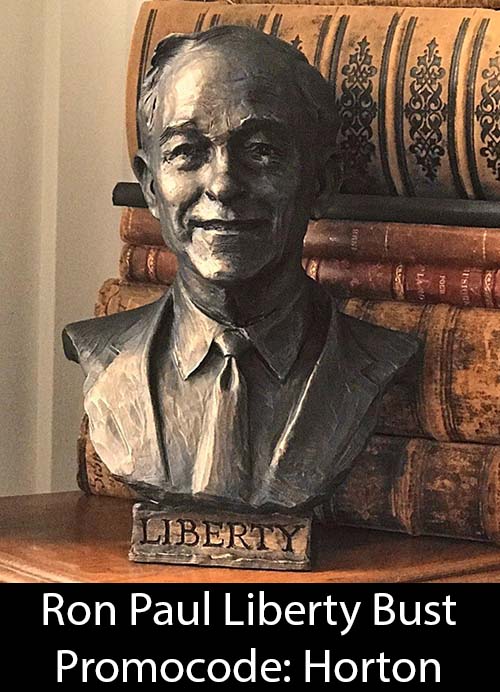The Herald, March 27, 2001, by Ian Bruce
BRITISH special forces are being deployed to the Kosovo-Macedonian border to seal infiltration routes used by Albanian guerrillas to smuggle reinforcements and munitions to rebels threatening the stability of the southern Balkans.
The elite troops, drawn from the SAS and from the Royal Marines’ mountain and arctic warfare cadre, are being drafted in to try to end the confrontation between ethnic Albanian insurgents operating in the rugged Sar mountains and Macedonia’s 11,000-strong government army. Ironically, the SAS could end up facing former Kosovo Liberation Army soldiers it helped to train during Nato’s 78-day conflict with Yugoslavia in 1999.
Both the UK and the US set up clandestine camps inside Albania to teach the KLA effective guerrilla tactics against Slobodan Milosevic’s forces as they began the ethnic cleansing of Kosovo’s Albanian population.
Despite government denials on both sides of the Atlantic, SAS and US Delta Force instructors were used to train Kosovar volunteers in weapons handling, demolition and ambush techniques, and basic military organisation. The KLA officially disbanded after Nato occupied Kosovo in June 1999. However its hard-core elements simply went underground, resurfacing in the Presevo Valley in southern Serbia and now in neighbouring Macedonia as guerrillas staking a claim for territory.
Britain promised a week ago to provide men from its 3500-strong Kosovo peacekeeping contingent to bolster US efforts to patrol the mountainous border with Macedonia, after a series of increasingly serious clashes near the city of Tetovo.
A Nato source said: “There are hundreds of tracks winding through the mountains. The border is porous and almost impossible to patrol effectively.
“The ethnic Albanians in the area have always ignored borders in any case. Their loyalty is to their individual clans and possibly to the wider idea of a Greater Albania. “The only way to inhibit the flow of men and munitions into Macedonia is to deploy small teams of special forces who can match the KLA in the mountains.
“The tactic worked in Northern Ireland, when a relative handful of SAS troopers began to monitor routes through bandit country in South Armagh, Tyrone, and Fermanagh.” Lord Robertson, Nato’s secretary general, yesterday urged the Albanian rebels to lay down their arms and warned that the alliance would not tolerate any attempt to destabilise the Balkan state.
Speaking in Rome in advance of a flying visit to Skopje, the Macedonian capital, he added: “My message to the insurgents is to give up, and to realise that there is no future in the bullet. Only the ballot box can determine the future of the Balkans.”
He said Nato troops were stepping up deterrent patrols along the border and that the move would be “important and effective”.
The rebels would continue to be isolated diplomatically and militarily “until they understand that their insurgency cannot and will not succeed”.
On arrival in Skopje, Lord Robertson urged the Macedonian government to show restraint in its crackdown against the rebels, signalling that momentum is building for a political solution to the six-week stand-off. Referring to gains made by the Macedonian army, Lord Robertson said: “They have taken the military high ground above Tetovo, now is the time (for the government) to take the political high ground.”
Ethnic Albanians make up one-quarter of Macedonia’s 2.3 million mainly Slav population and are represented at the ministerial level in its government.
However, the Albanian opposition party yesterday announced that it would boycott parliament until the confrontation ends, and it called on both sides to lay down their arms.















